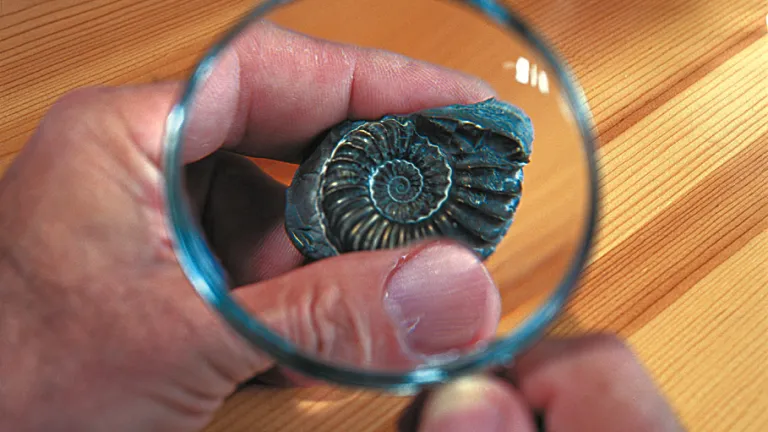God, Science and the Bible: Evolution's "vestigial organ" argument debunked
How many have been taught in school about our body's supposed "vestigial organs"? The standard definition of a vestigial organ is a body part that was once useful in a species' ancestral past but has now become virtually useless.
How many have been taught in school about our body's supposed "vestigial organs"? The standard definition of a vestigial organ is a body part that was once useful in a species' ancestral past but has now become virtually useless.
Evolutionists have used the vestigial-organ argument for decades to show the supposed evolution of animal and human bodies. They claimed that vestigial or diminishingly useful organs, which Charles Darwin called rudimentary, proved that bodies had evolved from more primitive forms.
However, research has shown the supposed vestigial organs or structures of the human body—such as the appendix, the tonsils and the tailbone—are not "vestigial" at all, but rather are quite useful and purposeful body structures.
The appendix, probably the prime example of a supposed vestigial organ, is now known to have an important immunological function, especially in the first years of life.
"The appendix, like the once 'vestigial' tonsils and adenoids, is a lymphoid organ (part of the body's immune system) which makes antibodies against infections in the digestive system. Believing it to be a useless evolutionary 'left over,' many surgeons once removed even the healthy appendix whenever they were in the abdominal cavity. Today, removal of a healthy appendix under most circumstances would be considered medical malpractice" (David Menton, Ph.D., "The Human Tail, and Other Tales of Evolution," St. Louis MetroVoice , January 1994, Vol. 4, No. 1).
The tonsils, long thought to be useless, are now known to have a useful function in the immune system. They act as a defense mechanism against infection of the upper respiratory tract and perform an important service to the digestive system by filtering out alien materials that may enter the body through the mouth or the nose.
"Doctors once thought tonsils were simply useless evolutionary leftovers and took them out thinking that it could do no harm. Today there is considerable evidence that there are more troubles in the upper respiratory tract after tonsil removal than before, and doctors generally agree that simple enlargement of tonsils is hardly an indication for surgery" (J.D. Ratcliff, Your Body and How it Works, 1975, p. 137).
The tailbone, properly known as the coccyx, is another supposed example of a vestigial structure that has been found to have a valuable function—especially regarding the ability to sit comfortably. Many people who have had this bone removed have great difficulty sitting.
Moreover, various muscles attached to the tailbone are important for helping bowel and childbirth movements, for supporting internal organs and keeping the entrance of the alimentary canal closed. It also has an important function as a point of insertion for several muscles and ligaments, including the gluteus maximus, which is the large muscle that runs down the back of the thigh and allows us to walk upright.
The list of what were once considered vestigial organs in our body has gone from 100 in the early 20th century to virtually zero in 2006, thanks to more research and discoveries in the fields of human anatomy and physiology. What were once considered virtually useless organs have now proven to be quite useful, yet many school and college textbooks on evolution still continue to use them as evidence of evolutionary theory.








